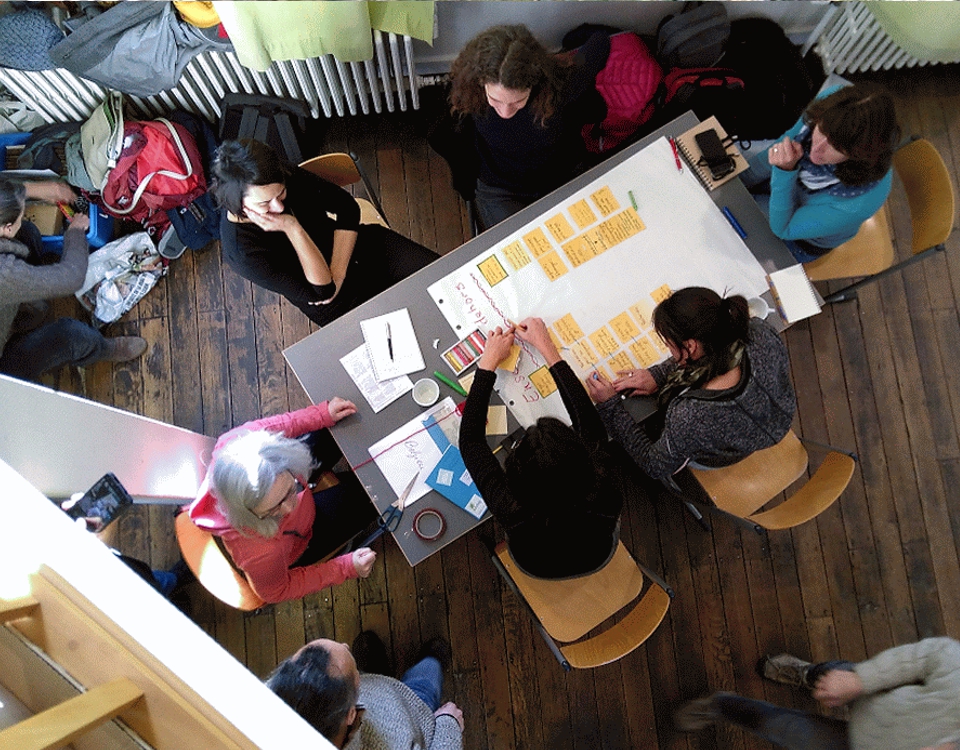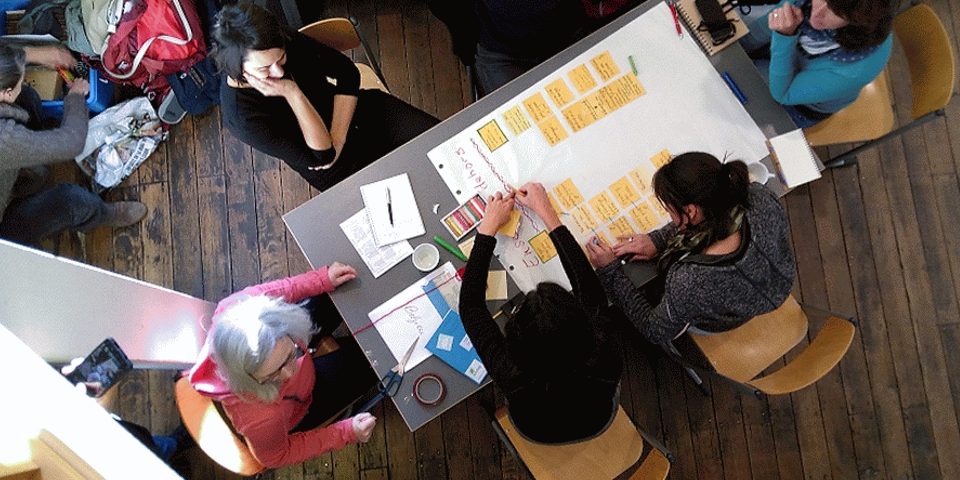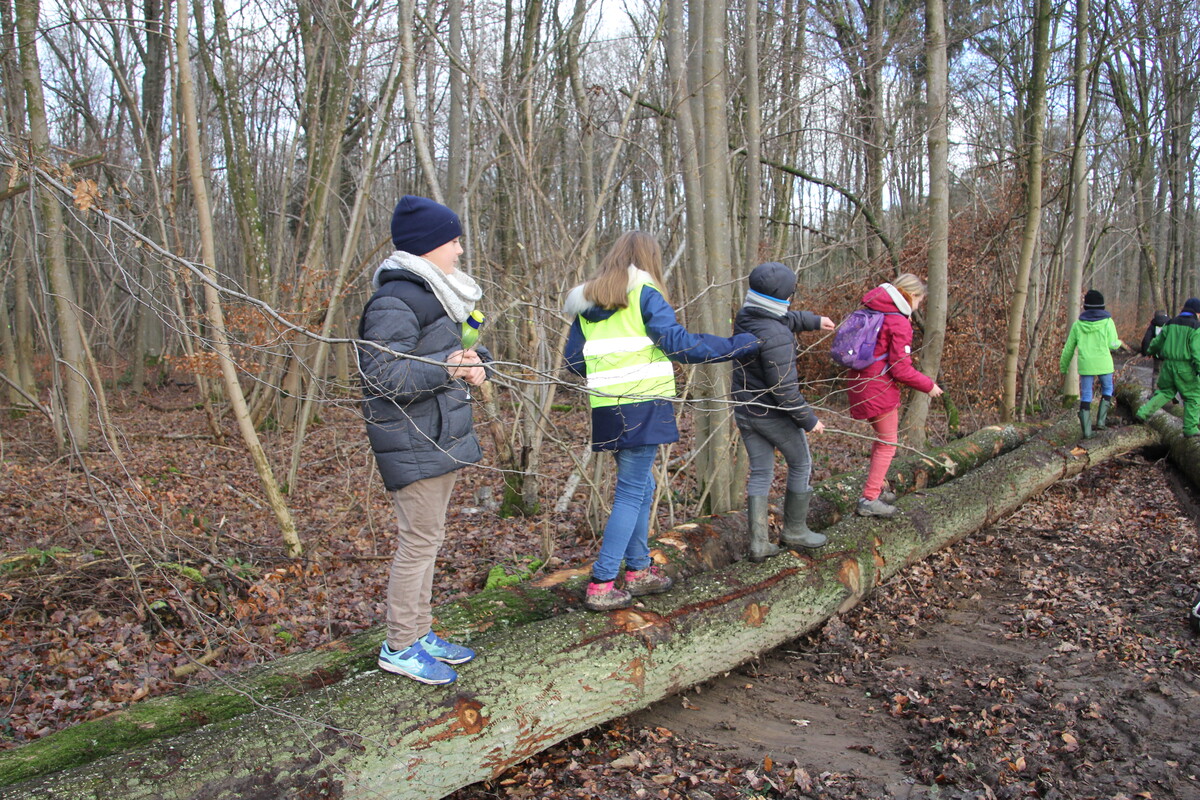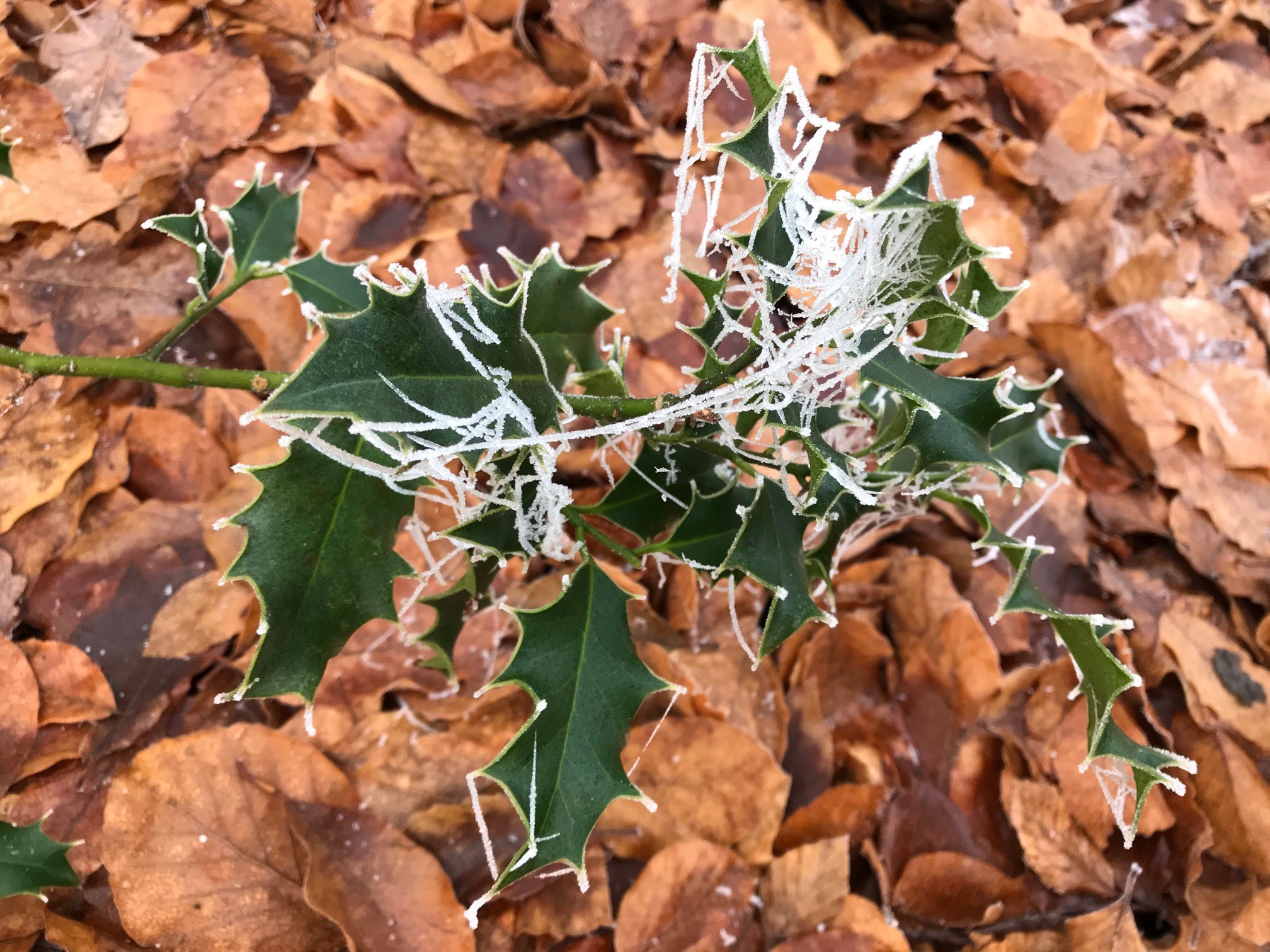Learning in and with nature in times of change #6

Forest pedagogy in challenging times #5
4. May 2020
Forest pedagogy in challenging times #7
19. May 2020
Learning in and with nature in times of change
Author: Rolf Jucker, Fondation SILVIVA, Switzerland
T here's this flippant saying: Crises are always opportunities. This is a popular and often used saying by disaster theorists, in the Greek catharsis tradition: in passing through the crisis, “evil” humanity can purify itself and find its true destiny.
I'd be careful about that. This saying is obviously an outrageous insolence towards all those who, in this Covid 19 pandemic, are not in comfortable offices and living situations, where they can reflect philosophically at a self-determined distance, while all the necessities of life are still accessible: Food, the best medical care, electricity, internet connection and much more. But where, exactly, lies the opportunity for those in precarious situations: refugee camps, crowded Brazilian favelas or Indian slums, etc.?
So, let's be as differentiated as possible and not fall for the 'deepity' (Daniel Dennett) appeal of such sayings: they sound really deep at first, but on closer inspection they are much less so. Nevertheless, I think we can learn a lot in this situation. First of all, there is something we should take to heart, especially in education. The appeal by Greta Thunberg and the Fridays for Future movement to make climate politics evidence-based and science-led is finally being heard, with the usual pathological exceptions from Trump to Bolsanaro. Secondly, meaningful, evidence-based health measures are suddenly possible worldwide and overnight, which an interest-led policy would never have been able to achieve. Can we also achieve this science-based focus in education? Since Hattie's Visible Learning (2008) and in many areas of education, there is now a rich harvest of truly evidence-based insights into effective learning: when do we start reaping the rewards?
Evidence-based means in many cases: contrary to our intuitive or cherished established assumptions. Covid-19 shows this quite well too. Even hard-boiled environmental educators, for whom learning outdoors in nature is the highest of all goods, must soberly realize that online learning indoors works surprisingly well. And even hardened technology freaks, who have been preaching for years that online learning alone can save the world, are just as disillusioned: Learning has a very central dimension of personal social interaction using all five senses, which cannot be completely satisfied digitally.
Are we prepared, as a consequence of the crisis, to look at our educational practice with more humility, openness and willingness to learn, also from mistakes? To honestly reflect on whether we are really promoting learning in our children, young people and adults in the best and most effective way possible, or whether we are simply doing what we always assumed works - without ever really having checked? If we succeed in this, I would actually be willing to talk about an opportunity seized.



